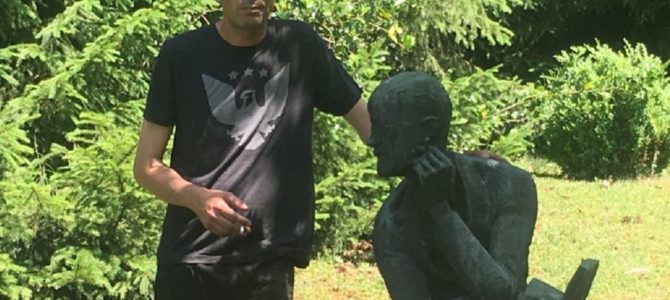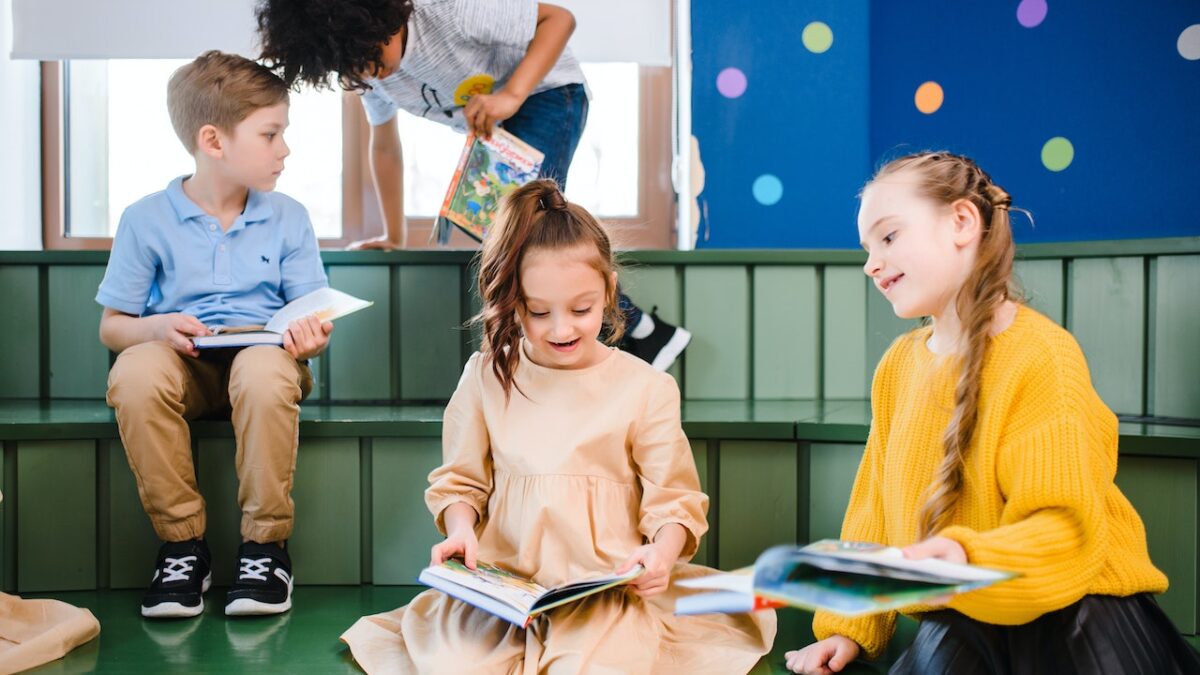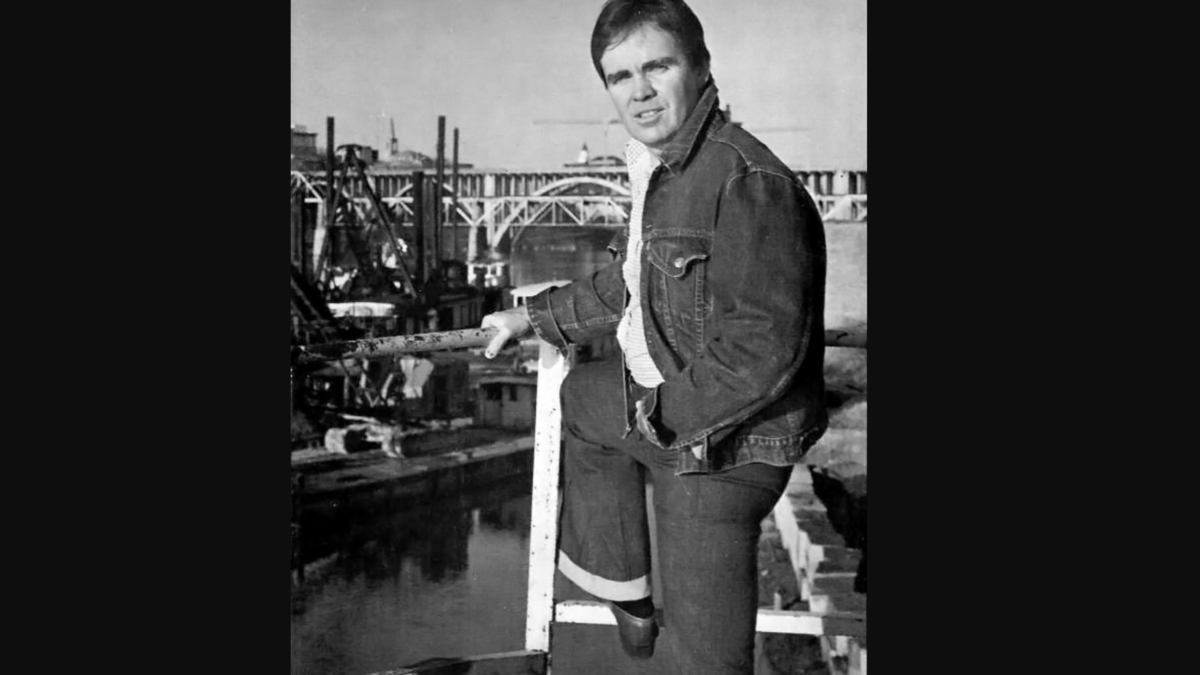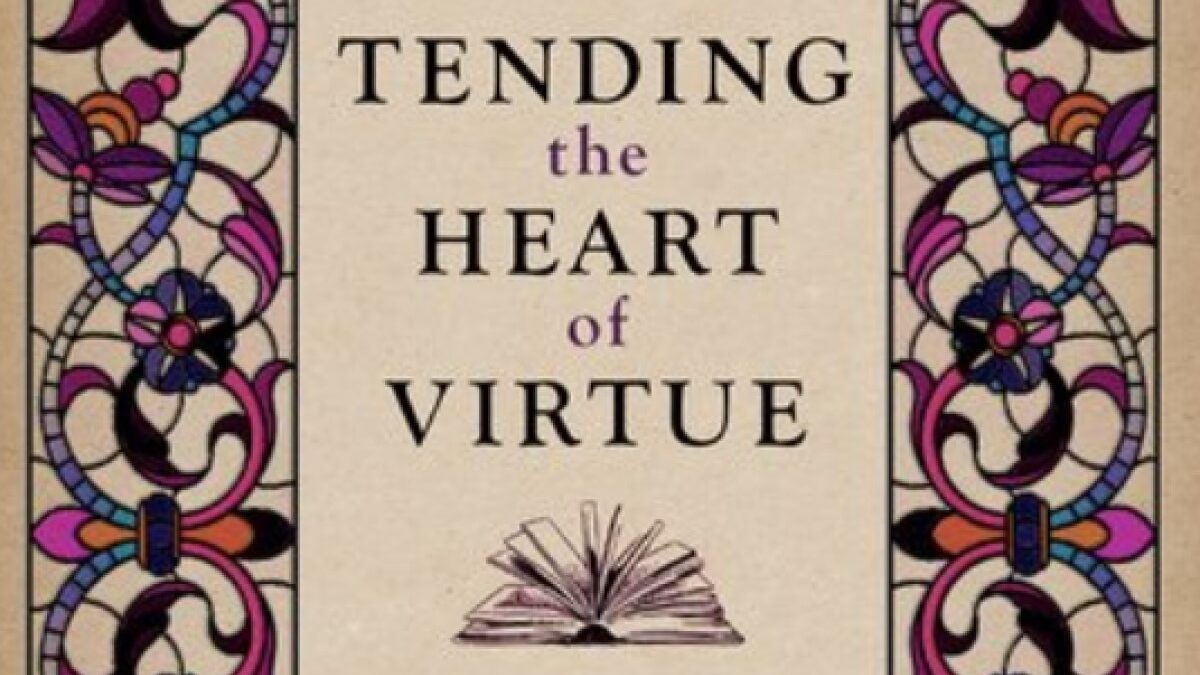
I woke up early that morning in Zurich, which wasn’t easy. I had spent the night with a certain journalist friend whose proclivities do not easily mingle with bright-eyed mornings. But I had a mission. About a mile away from my hotel was the grave of a man I have spent my whole adult life reading and admiring. Simply put, the only writer closer to my mind and heart is me, maybe. That morning I would be paying my respects to James Joyce.
I had checked Google Maps. It said the destination was a 40-minute walk. I live in New York City, though, so that usually means about 15 minutes for my quick gait. What I failed to do was spy the topography. It was uphill, and by uphill I mean practically climbing a mountain.
While sweating out the previous night’s refreshments, I saw magnificent houses that should be on reality TV shows, and Swiss students sipping bubble tea like Abercrombie and Fitch models. I should have taken the bus. But I got there.
First Love
I fell in love with Joyce’s words in high school. My best teacher, Peter Reinke, had taught our class “Portrait of the Artist as a Young Man,” and it’s no exaggeration to say it changed my life. Before that book, my goal was an Ivy then law school. Afterward, it was to forge in the smithy of my soul some kind of truth about the world around me. The book broke me.
In our junior year, we took a month off school to do independent study or an internship or something. I told Reinke I wanted to read “Ulysses.” He laughed at me and told me, “No.” I wasn’t ready, he assured me, so instead I read the complete works of Shakespeare, a far easier task. We marched through them all, exploring how the Bard had changed the very nature of the English language.
Only later did I realize that this was the beginning of reading and understanding “Ulysses.” It isn’t just a book. It’s an attempt to dive into our thoughts, to map a terrain that we should not be able to see because, after all, the naked eye can see anything but itself.
On the day I graduated, Reinke brought me to his classroom and gave me a gift. It was an annotated guide to “Ulysses.” I was ready.
The Visit
When I reached the cemetery high atop that big hill in Zurich, it had a quiet austerity. It was mostly empty. There were a few landscapers keeping nature at bay, not much else. I followed vague signs to the back, and then there it was. In fact, there he was. Above the grave of Joyce, as well as of his wife and son, was a life-sized statue of him, cross-legged, book in one hand and cigarette in the other. I hadn’t been sure what to expect. I sat on the bench across from him. Tears ran down my face.
Early on in “Ulysses” we learn that Stephen Dedalus, the autobiographical hero of “Portrait,” is home in Ireland again because his mother has died. Stephen arrived before her death, and she asked him to pray for her. But he had rejected the church, and swore not to be slave to it. So he refused. It’s brutal and harsh, and the passage surges with regret — not Stephen’s but Joyce’s.
In the year it took me to read “Ulysses” the first time my own mother was diagnosed with breast cancer and quickly deteriorated. It was like reading “Ulysses” in real time. Not long before her death, I became engaged to my wife. My mother asked me to rush the wedding so she could be there. I couldn’t do it. I had to say no. Libby and I weren’t ready, and I wasn’t willing to use that emotional cudgel to make it happen. My tears in Zurich were shared with another young man who had to disappoint his dying mother.
A Lifetime With Joyce
Having dropped out of college to pursue writing and theater, after reading “Ulysses” I read everything else: “Finnegans Wake”, all the critical writing, even the letters. For nearly a decade, I obsessed over it all. Each Bloomsday, June 16, the day “Ulysses” takes place in 1904, I went the Rosenbach Museum in Philadelphia, where the novel is read aloud all day.
I think what I found in Joyce was a man who could only be truly, fully honest in one form, and that was on paper. He was a devoted husband and father, a mentor to Samuel Beckett, and constantly broke. But what mattered most to him was to scratch on paper something that resembled the torture and joy that life is, to give words to the deep, dark thoughts we must never utter.
Until I found my own voice, I borrowed his. When my mother died, my best friend died, and his girlfriend died in the space of two years in which I was also married, well, he made sense of the mad merry-go-round of emotion. He gave me a grounding in truth and beauty.
He might have saved my life. So I sat there, in Zurich, and smoked with him. When the tears passed, I laughed. Twenty years since that classroom in a Quaker Philadelphia prep school, I was with him. The world, it turned out, was not so big that I couldn’t find him, visit with him. For that brief moment, it meant more to me than any living thing on earth. But only for that moment. As I left the cemetery, the more important parts of my life flooded back in: my work, my wife, my child.
I needed that moment with a man who died decades before I drew breath, but who had explained my world and its suffering and always kept me smiling. Over the years, I had written and performed a one-man play about him, I had read him each and every year, almost each and every week. I wouldn’t quite say my visit ended that, but though I, nor anyone else, will ever use the English language with his skill and grace again, I almost finally felt like an equal.
As it happened, I saw Reinke just a few months after that visit. I said, “Guess where I went in Zurich?” His face lit up. He said, “It’s the one place I’ve never been, I’ve been everywhere else, in Ireland, in Rome, in Trieste.” I showed him a picture.
We owe so much: to those who can be excited about beautiful things, who can love them, who can teach us to love them. As I move over the crest and see half my life behind me, saying goodbye to those two dear friends and mentors was one of the great blessings of my life. My visit with Joyce meant more than I could ever have expected.









